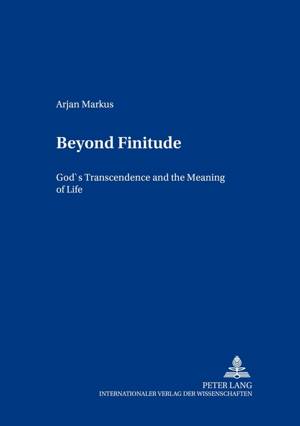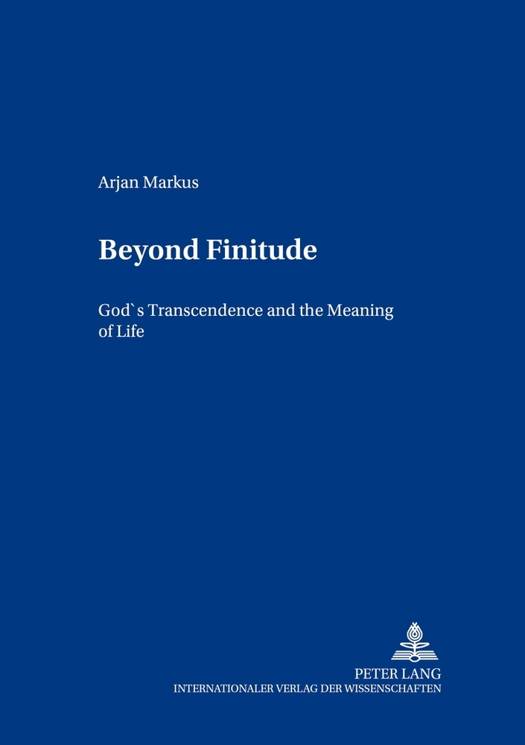
- Afhalen na 1 uur in een winkel met voorraad
- Gratis thuislevering in België vanaf € 30
- Ruim aanbod met 7 miljoen producten
- Afhalen na 1 uur in een winkel met voorraad
- Gratis thuislevering in België vanaf € 30
- Ruim aanbod met 7 miljoen producten
Zoeken
Omschrijving
In contemporary discussions, discovering meaning in life is often connected with secular or religious ideas of 'transcendence'. This book deals with the question whether a conception of God's transcendence as part of a Christian view of life can offer adequate help in living a meaningful life. After discussing Greek, biblical and Christian conceptions of divine transcendence, the process of ascribing meaning is analysed and its requirements for views of life are spelled out. In dialogue with classical theism, process theism and negative theology, the author proposes a conception of God's transcendence that can function adequately in living meaningfully in a Christian way. The author also tries to show that this conception has advantages over atheist views in enabling people to find meaning in life. This study makes a distinctive contribution to the doctrine of God, not only by offering a full-blown conception of God's transcendence, but also through its specific focus on the kind of functionality required by the practice of finding meaning in life.
Specificaties
Betrokkenen
- Auteur(s):
- Uitgeverij:
Inhoud
- Aantal bladzijden:
- 429
- Taal:
- Engels
- Reeks:
- Reeksnummer:
- nr. 11
Eigenschappen
- Productcode (EAN):
- 9783631531303
- Verschijningsdatum:
- 18/08/2004
- Uitvoering:
- Paperback
- Formaat:
- Trade paperback (VS)
- Afmetingen:
- 148 mm x 210 mm
- Gewicht:
- 589 g

Alleen bij Standaard Boekhandel
+ 257 punten op je klantenkaart van Standaard Boekhandel
Beoordelingen
We publiceren alleen reviews die voldoen aan de voorwaarden voor reviews. Bekijk onze voorwaarden voor reviews.











